Explore Badlands National Park in South Dakota with our comprehensive guide. Learn about its history, biodiversity, top attractions, activities, accommodations, and conservation efforts.
Table of Contents
Introduction to Badlands National Park
Nestled in the heart of South Dakota, Badlands National Park is a stunning tapestry of rugged landscapes, deep canyons, towering spires, and rich fossil beds. Covering over 244,000 acres, the park offers a unique blend of natural beauty and historical significance. Visitors are drawn to its dramatic geological formations and the striking contrasts of its terrain, which range from eroded buttes to expansive prairies. Whether you’re a seasoned adventurer or a casual nature enthusiast, Badlands National Park promises an unforgettable experience.
History and Background
The history of Badlands National Park is as layered and complex as its striking rock formations. The park’s geological history spans millions of years, with sediments dating back to the late Cretaceous period. These layers tell the story of ancient seas, tropical environments, and dramatic climate changes. Human history in the area is equally rich, with evidence of Native American habitation dating back at least 11,000 years. The park was officially established in 1939, and it continues to be a place of discovery and education, particularly through its extensive fossil beds.
Biodiversity in Badlands National Park
Badlands National Park boasts a diverse ecosystem, home to a wide range of flora and fauna. The park’s mixed-grass prairie provides a habitat for species such as bison, bighorn sheep, and the endangered black-footed ferret. Birdwatchers can spot over 200 species, including prairie falcons and burrowing owls. The plant life is equally varied, with hardy grasses, wildflowers, and sagebrush dominating the landscape. This biodiversity makes the Badlands a living laboratory for ecological study and a haven for wildlife enthusiasts.
Famous Attractions
One of the most iconic features of Badlands National Park is the Badlands Loop Road, a scenic byway that offers breathtaking views of the park’s most famous formations. Notable stops along the route include the Pinnacles Overlook, where visitors can gaze upon sweeping vistas of the jagged rock spires, and the Fossil Exhibit Trail, which showcases the park’s rich paleontological history. The Ben Reifel Visitor Center provides an excellent starting point for any visit, offering educational exhibits and guided tours.
Activities in Badlands National Park
Badlands National Park offers a plethora of activities for visitors of all interests. Hiking is a popular way to explore the park, with trails ranging from easy walks like the Door Trail to more challenging routes like the Castle Trail. For a unique perspective, consider a night hike to experience the park’s incredible stargazing opportunities. Wildlife viewing is another highlight, with numerous opportunities to see bison, prairie dogs, and other native species. Photography enthusiasts will find endless inspiration in the park’s dramatic landscapes and changing light conditions.
Accommodations
While there are no lodging facilities directly within Badlands National Park, there are several options nearby. The Cedar Pass Lodge, located just outside the park, offers cabins and a restaurant with stunning views. For those who prefer camping, the park has two campgrounds: Cedar Pass Campground, which offers modern amenities, and Sage Creek Campground, which provides a more rustic, back-to-nature experience. Additionally, the nearby towns of Wall and Interior offer a range of accommodations, from motels to bed and breakfasts.
Weather Conditions
The weather in Badlands National Park can be extreme and unpredictable. Summers are typically hot and dry, with temperatures often exceeding 90 degrees Fahrenheit. Winters can be harsh, with temperatures dropping below freezing and occasional snow. Spring and fall are the most temperate and comfortable seasons to visit, with mild temperatures and lower tourist numbers. Visitors should come prepared for rapidly changing conditions and pack accordingly, including sun protection, plenty of water, and layers for warmth.
Tips for Visiting
- Start early to avoid the midday heat and crowds.
- Wear sturdy footwear for hiking and exploring uneven terrain.
- Bring plenty of water, especially during the hot summer months.
- Use sun protection, including hats, sunglasses, and sunscreen.
- Respect wildlife and keep a safe distance.
- Check the weather forecast and park alerts before heading out.
- Plan your visit during off-peak times for a more serene experience.
Visitor Information
Badlands National Park is open year-round, with the Ben Reifel Visitor Center operating from spring through fall. Entrance fees are required, and a variety of passes are available, including annual and lifetime passes. The park is accessible via Interstate 90, with several entrances providing easy access to its main attractions. Facilities within the park include picnic areas, restrooms, and informational kiosks. Visitors are encouraged to participate in ranger-led programs for a deeper understanding of the park’s natural and cultural history.
Conservation Efforts
Conservation is a top priority at Badlands National Park. The park is involved in numerous initiatives to protect its unique ecosystems and historical resources. Efforts include habitat restoration projects, such as the reintroduction of the black-footed ferret and prairie restoration. The park also collaborates with scientific researchers to monitor wildlife populations and study climate change impacts. Visitors can contribute to conservation by following Leave No Trace principles, staying on designated trails, and participating in volunteer programs.
For more information on planning your visit to Badlands National Park, explore the following resources:
- National Park Service: https://www.nps.gov/badl/index.htm
- South Dakota Department of Tourism: https://www.travelsouthdakota.com/
Badlands National Park is a treasure trove of natural beauty, geological wonder, and rich history. Whether you’re exploring its rugged trails, marveling at its diverse wildlife, or simply soaking in the breathtaking vistas, the park offers an unparalleled experience for all who visit. By understanding its unique environment and respecting its conservation efforts, you can ensure that Badlands National Park remains a pristine sanctuary for future generations to enjoy. Plan your visit today and embark on an adventure like no other.
You may also like EXPLORE GRAND TETON NATIONAL PARK: A COMPLETE GUIDE TO WYOMING’S MAJESTIC WILDERNESS

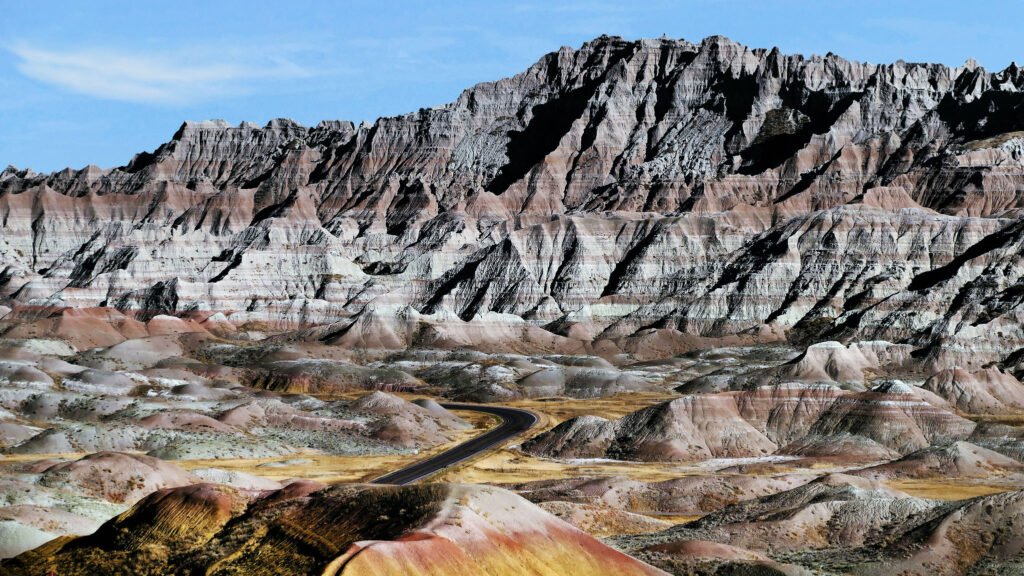

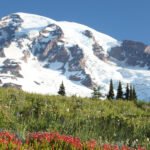
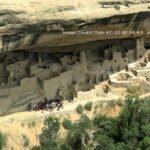

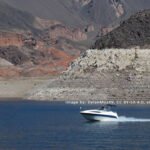
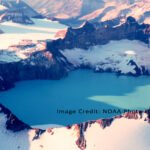
1 thought on “Discover Badlands National Park: Your Ultimate Guide to Adventure, Nature, and History”